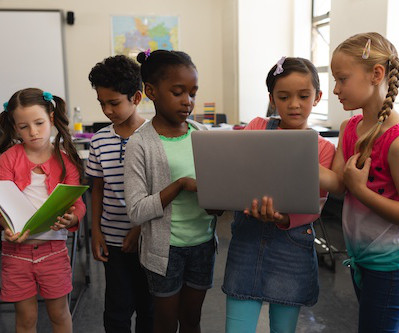How to use alternative assessments in the classroom
eSchool News
JANUARY 23, 2023
Some have limited application and require lower levels of critical thinking; others are foundational to future learning and broadly applicable. Once you’ve identified the standards you feel are most important for your students’ long-term success, it’s time to explore new ways of assessing these skills. 3 Strikes, You’re In!:












Let's personalize your content